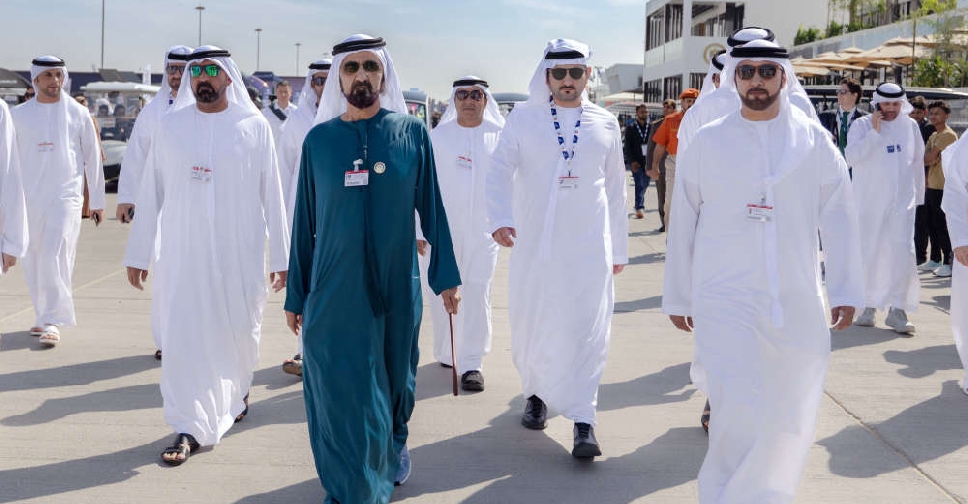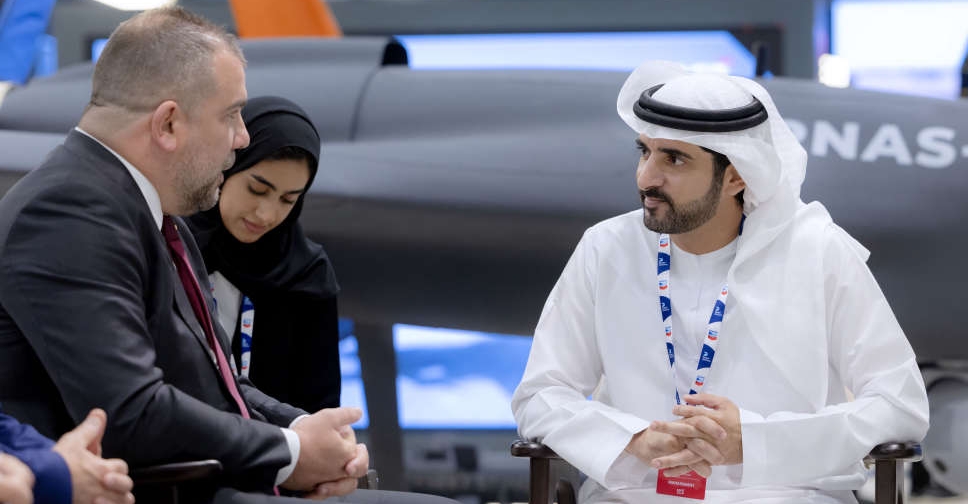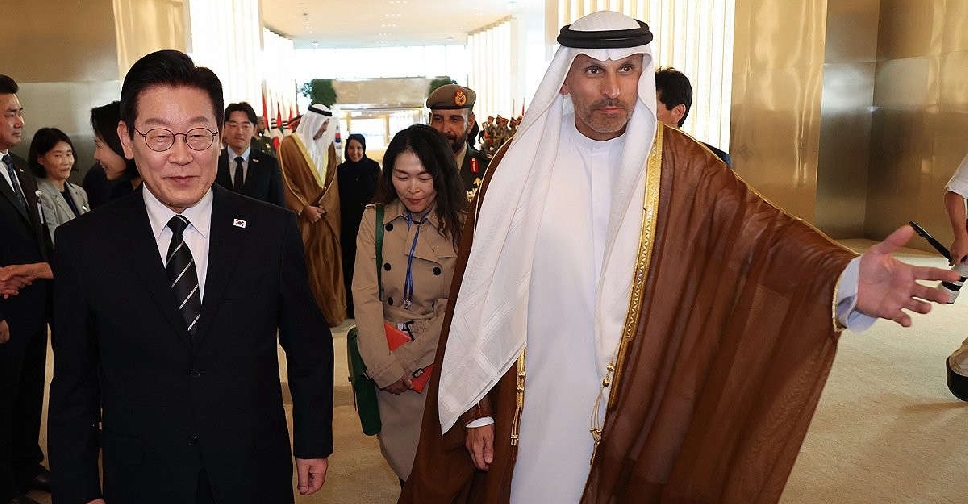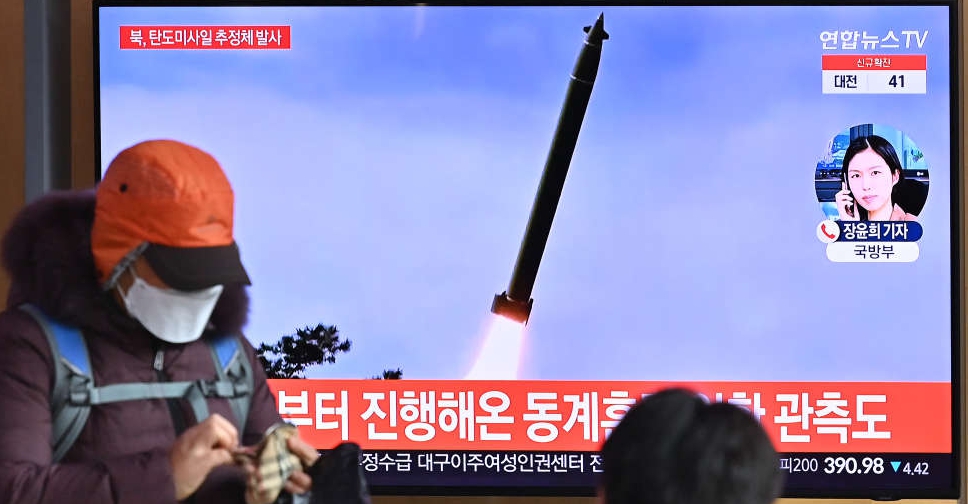
The Biden administration has imposed its first sanctions over North Korea's weapons programmes following a series of North Korean missile launches, including two since last week.
The sanctions targetted six North Koreans, one Russian and a Russian firm Washington said were responsible for procuring goods for the programs from Russia and China.
The US Treasury said the steps aimed both to prevent the advancement of North Korea's programmes and to impede its attempts to proliferate weapons technologies.
The United States also proposed that five of those individuals also be blacklisted by the United Nations Security Council, which would need consensus agreement by the body's 15-member North Korea sanctions committee.
The administration of US President Joe Biden has sought unsuccessfully to engage Pyongyang in dialogue to persuade it to give up its nuclear bombs and missiles since taking office in January last year.
US State Department spokesman Ned Price said the United States remained committed to pursuing diplomacy with North Korea.
"What we have seen in recent days ... only underscores our belief that if we are going to make progress, that we will need to engage in that dialogue," he told a regular news briefing.
The Treasury Department said the sanctions followed six North Korean ballistic missile launches since September, each of which violated U.N. Security Council resolutions.
Under Secretary of the Treasury for Terrorism and Financial Intelligence Brian Nelson said the moves targetted North Korea's "continued use of overseas representatives to illegally procure goods for weapons".
North Korea's latest launches were "further evidence that it continues to advance prohibited programmes despite the international community's calls for diplomacy and denuclearisation," Nelson said in a statement.
It said the State Department had designated Russia-based North Korean Choe Myong Hyon, Russian national Roman Anatolyevich Alar and the Russian firm Parsek LLC for "activities or transactions that have materially contributed to the proliferation of weapons of mass destruction or their means of delivery."
It said Choe Myong Hyon, a Vladivostok-based representative of North Korea’s Second Academy of Natural Sciences (SANS), had worked to procure telecommunications-related equipment from Russia.
Four China-based North Korean representatives of SANS-subordinate organisations - Sim Kwang Sok, Kim Song Hun, Kang Chol Hak and Pyon Kwang Chol - and one other Russia-based North Korean, O Yong Ho, were also targetted.
Sim Kwang Sok, based in Dalian, had worked to procure steel alloys and Kim Song Hun, who was based in Shenyang, software and chemicals, Treasury said.
In a statement, U.S. Secretary of State Anthony Blinken said that between at least 2016 and 2021, O Yong Ho had worked with Parsek LLC and Alar, the firm's director for development, to procure multiple goods with ballistic missile applications, including Kevlar thread, aramid fiber, aviation oil, ball bearings, and precision milling machines.


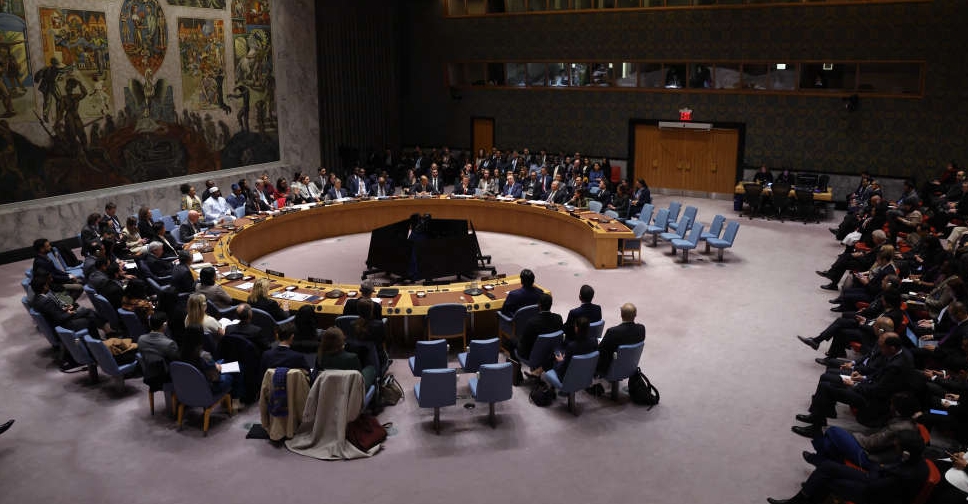 UN Security Council adopts US resolution on Trump's Gaza peace plan
UN Security Council adopts US resolution on Trump's Gaza peace plan
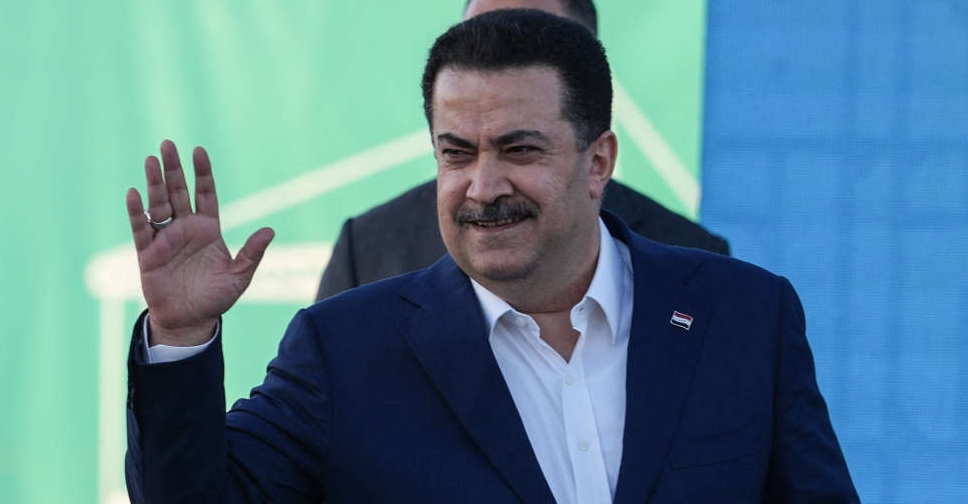 Iraqi PM-led coalition tops election with 46 seats, commission says
Iraqi PM-led coalition tops election with 46 seats, commission says
 Bangladesh's ousted PM Hasina sentenced to death for students crackdown
Bangladesh's ousted PM Hasina sentenced to death for students crackdown
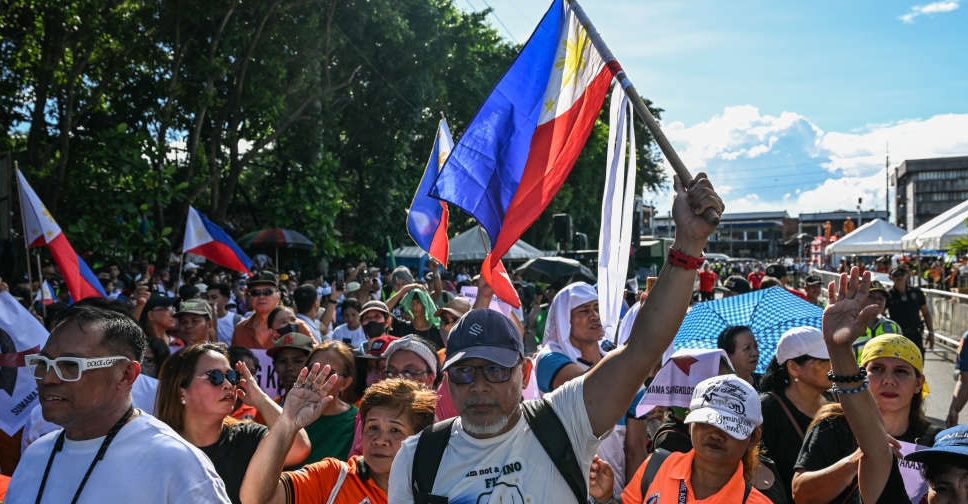 Thousands in Philippine capital hold second day of anti-graft protests
Thousands in Philippine capital hold second day of anti-graft protests
 Russian missile strike kills three, wounds 10 in Kharkiv region, Ukraine says
Russian missile strike kills three, wounds 10 in Kharkiv region, Ukraine says
